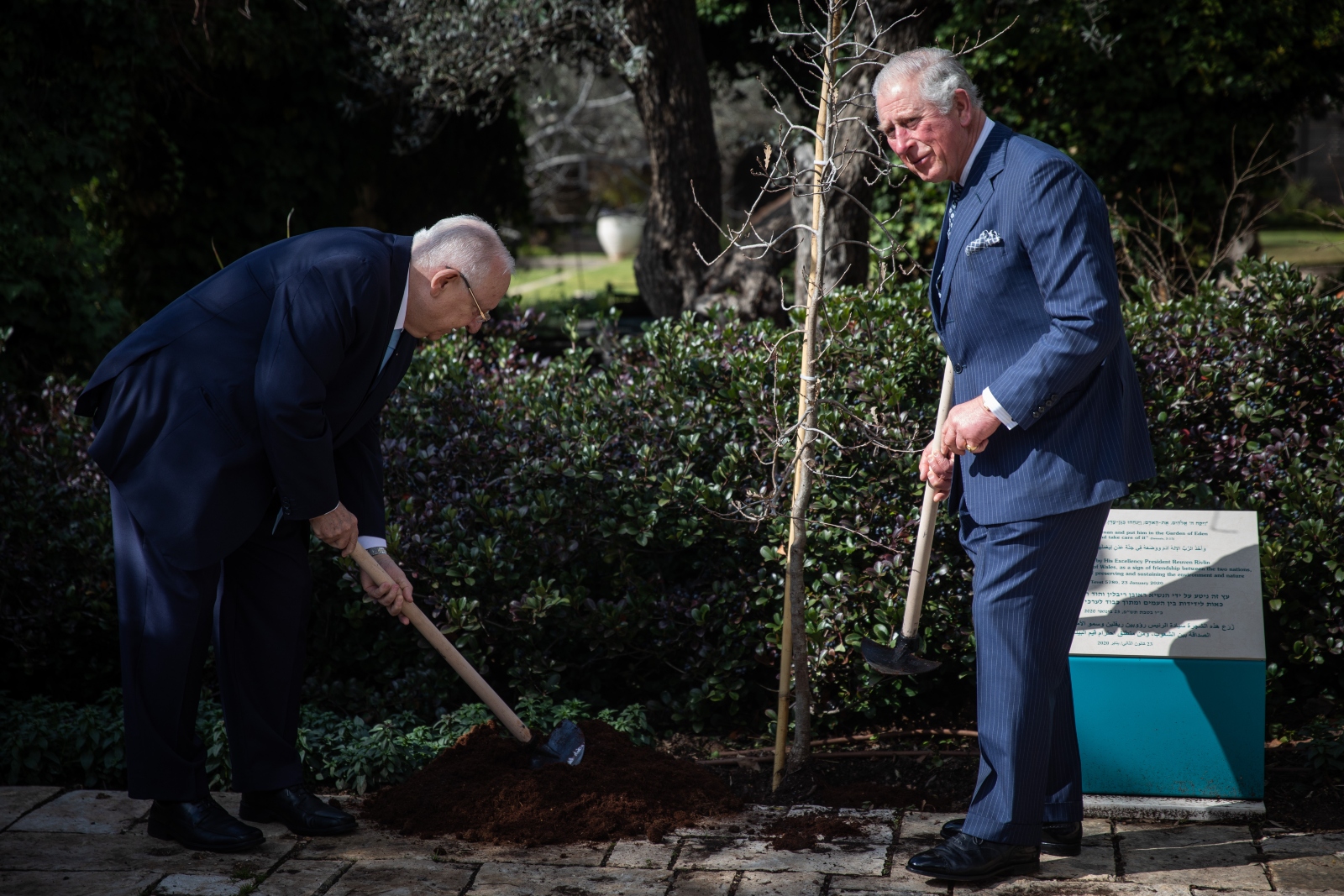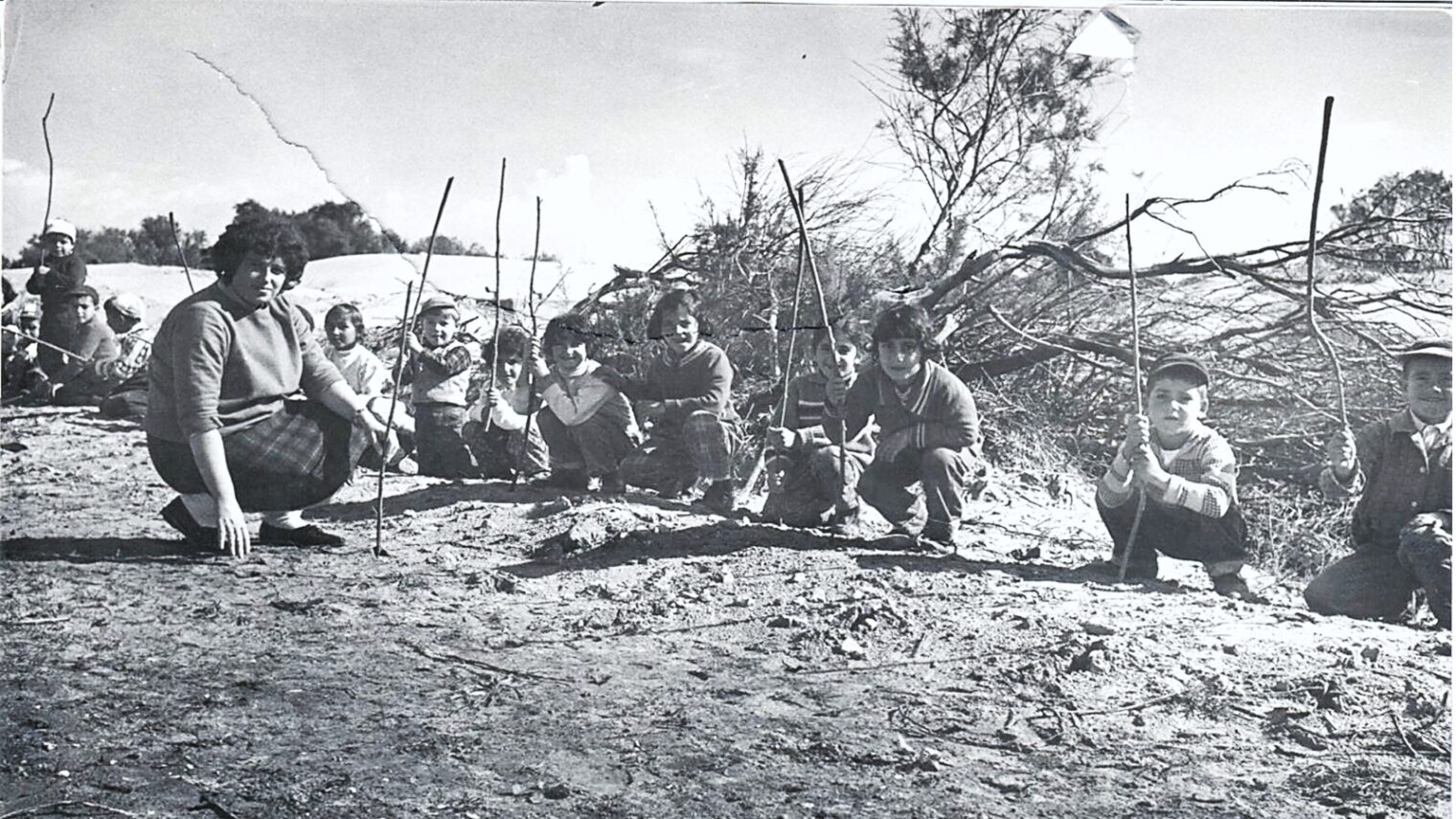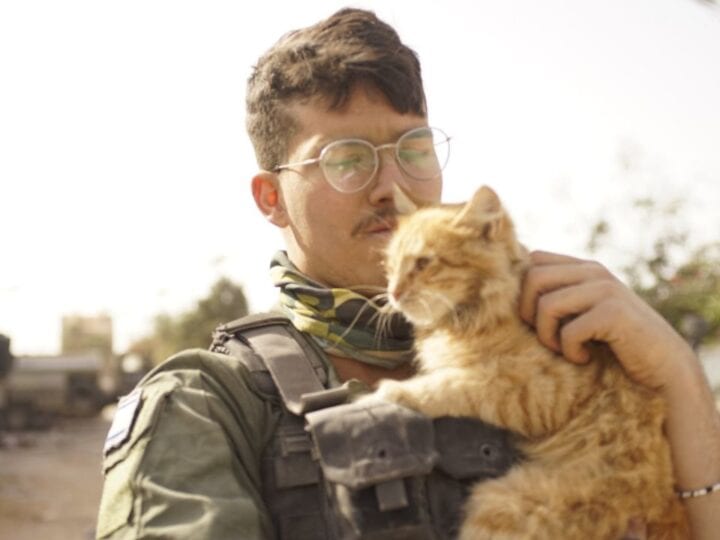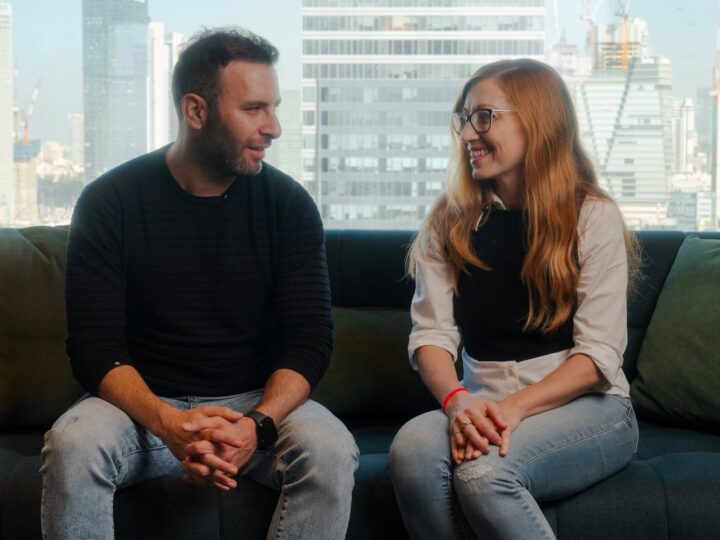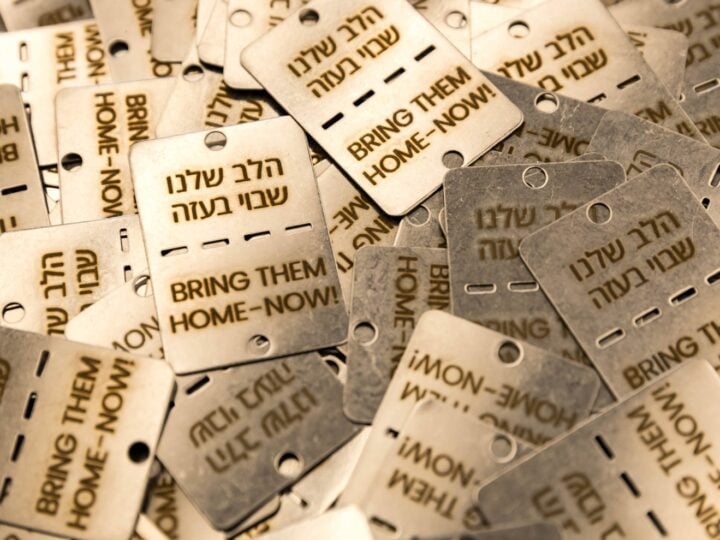Tu B’Shvat, the “New Year of the Trees” on the 15th day of the Jewish month of Shvat, is one of four Mishnaic “new year” dates used in calculating agricultural cycles.
Traditional Tu B’Shvat celebrations were seders – ceremonial meals of Kabbalistic origin that included the seven species native to the region as listed in Deuteronomy 8:8: wheat, barley, grape, fig, pomegranates, olives (or olive oil), and dates or date honey (also known as silan).
Modern Israel began, instead, to celebrate Tu B’Shvat with tree-planting. In 1884, the pioneers of First Aliyah agricultural settlement Yesud Hama’alah in the Galilee planted 1,500 fruit trees on Tu B’Shvat.
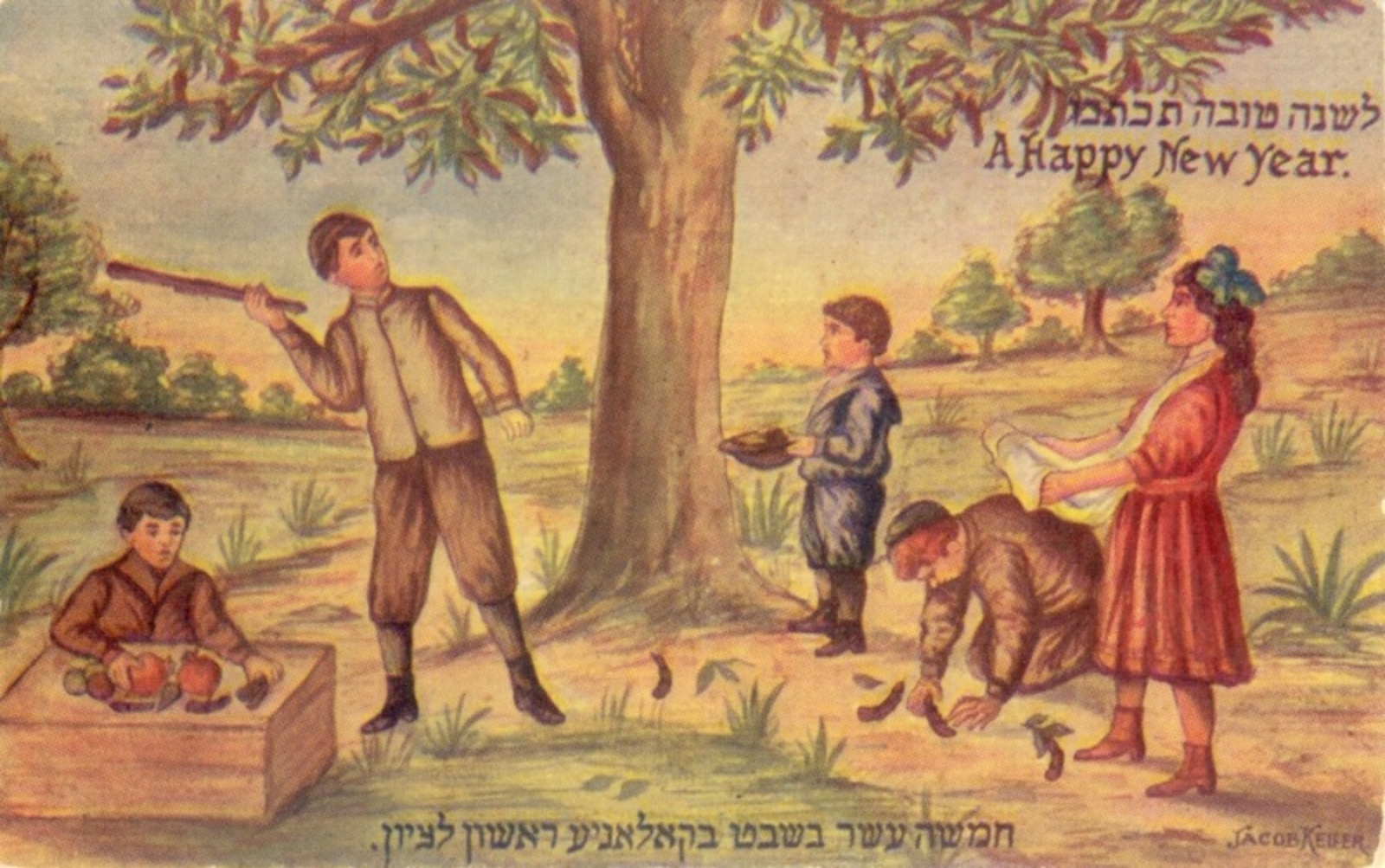
In 1890, Rabbi Ze’ev Yavetz was the first teacher to bring students on a tree-planting expedition in Zichron Ya’akov, launching an educational tradition that was adopted by the Jewish Teachers Union in 1908, and which has continued to this day.
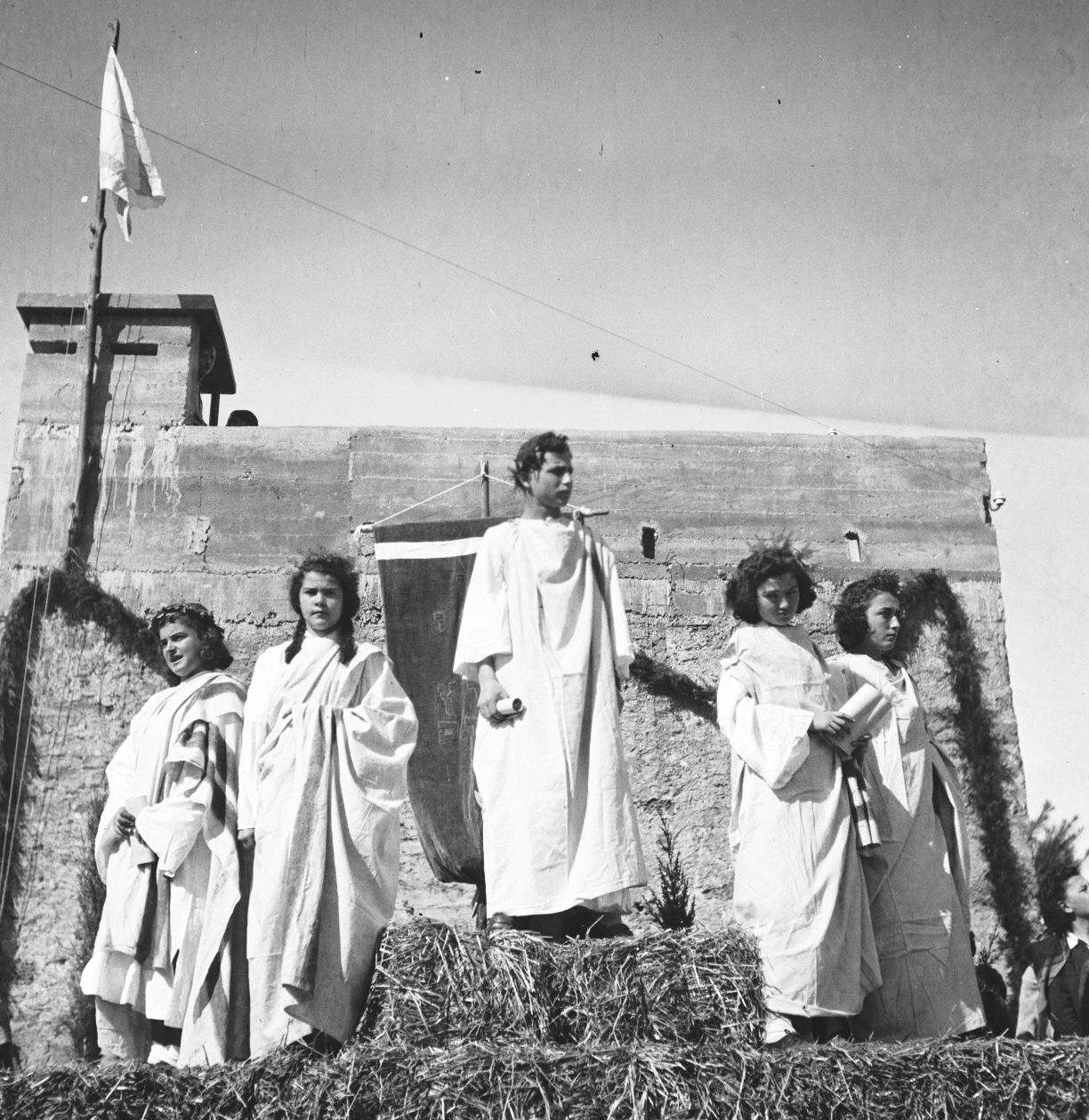
Tu B’Shvat tree-planting celebrations flourished in the early pre-State Yishuv (settlement). These ceremonies were highlighted by speeches, parties, pageants, chamber music, gymnastic displays, raffles and, of course, parades of schoolchildren holding seedlings aloft.
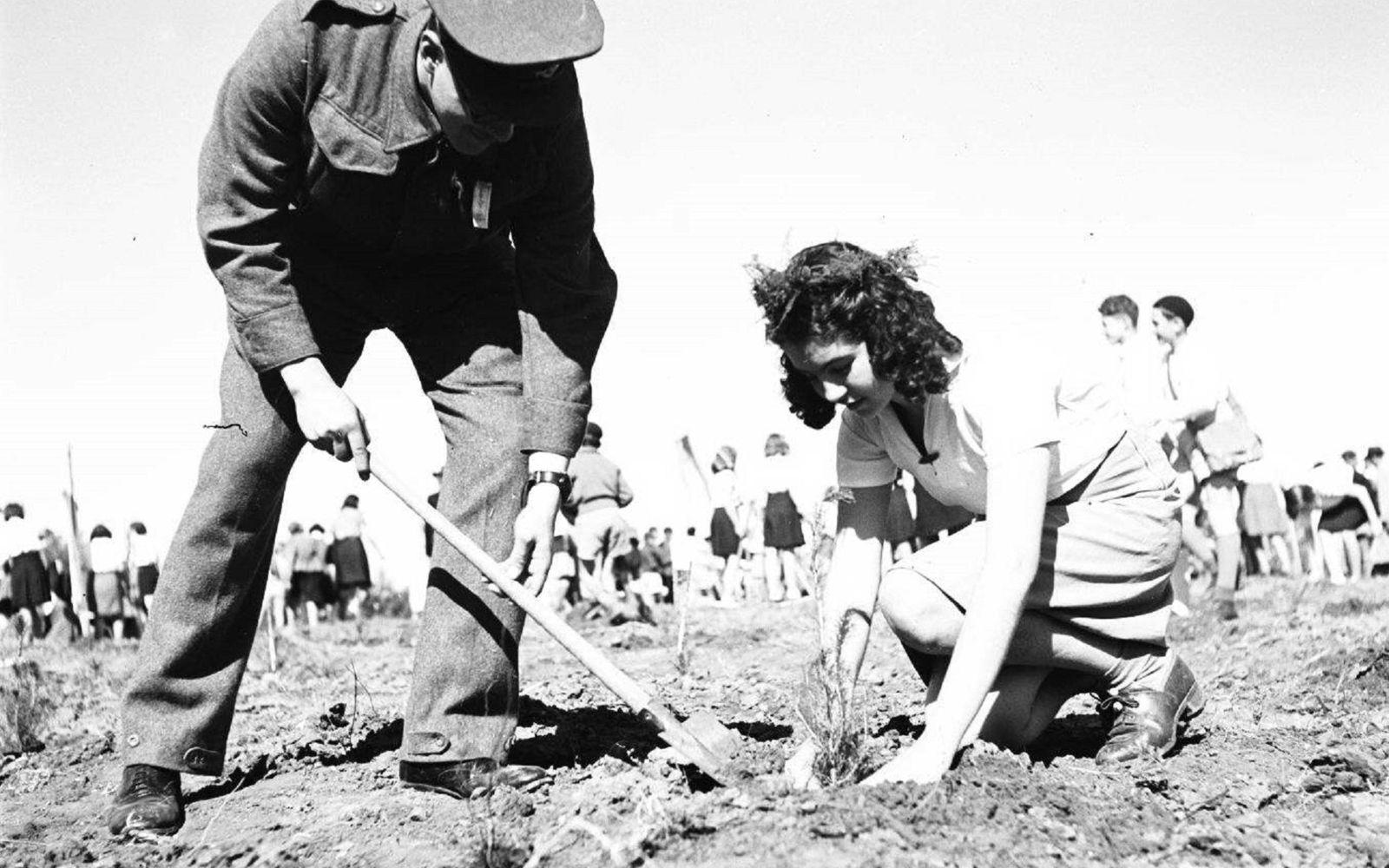
The custom was also taken up by the Jewish National Fund – Keren Kayemet L’Israel (JNF-KKL), which turned tree-planting into an overarching global symbol of Jewish national renewal.
The organization began a tradition of issuing posters celebrating the natural fit between the “New Year of the Trees” and JNF-KKL’s mission of buying land for development, draining swamps for land reclamation, building dams and reservoirs, and planting forests.
Even after the holiday ended, these decorative posters continued to hang in school halls and classroom walls, therefore making a strong and lasting impact on Israel’s children.
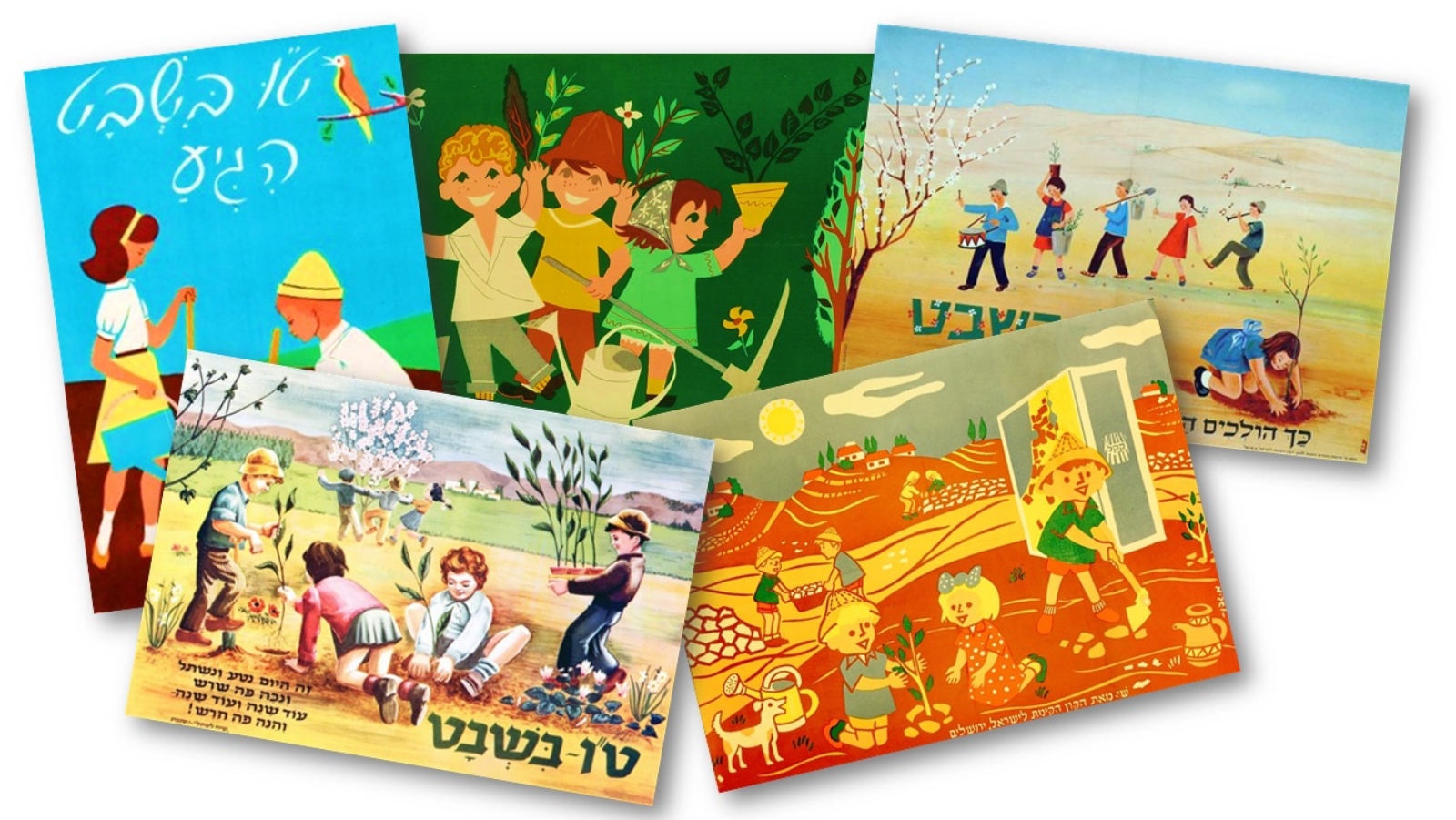
By the 1950s, tree-planting had so overshadowed the Tu B’Shvat seder that historians feared the tradition would be erased forever.
In the 1960s, spearheaded by Nogah Hareuveni, Israel Prize-winning founder of biblical nature reserve Neot Kedumim, a movement arose which harkened back to these ceremonial origins.
Many kibbutzim in the 1970s adopted Hareuveni’s concept of reviving the ritual of eating fruits of the land.

It has proved so popular that today, many communities in Israel and around the world celebrate the holiday with a Tu B’Shvat seder.
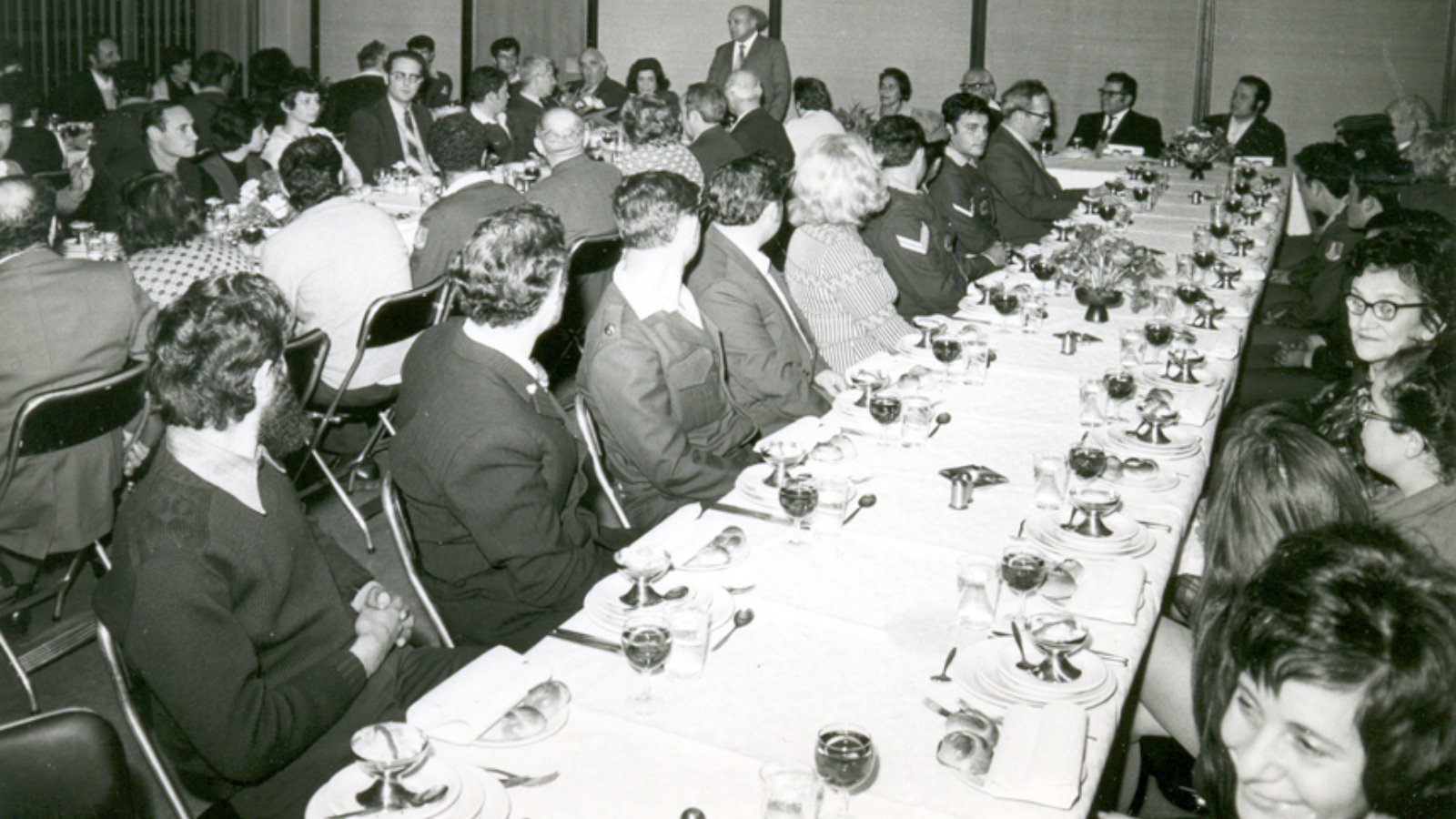
In recent years, activities surrounding Tu B’Shvat have focused on ecology and sustainability.
Activities across the country include learning how to use physics when growing saplings at the Bloomfield Science Museum in Jerusalem, tree plantings at Neot Kedumim and the Jerusalem Biblical Zoo, and JNF-KKL’s “Plant and Ride” tree-planting bike trips, taking place this year on February 7 in Lavi Forest.
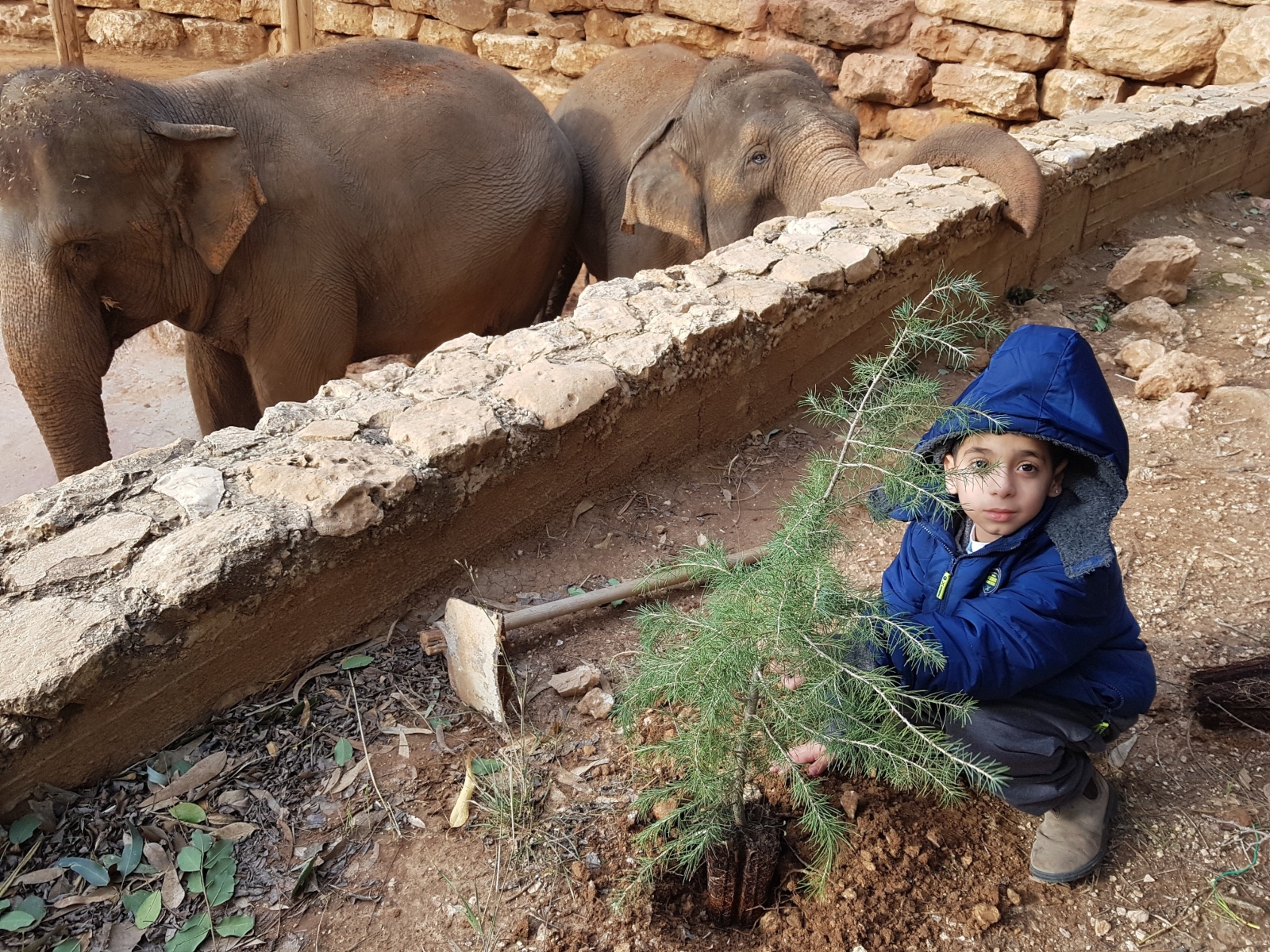
During his visit to Israel last week, eco-friendly Prince Charles planted a tree at the President’s Residence, just in time for Tu B’Shvat.
